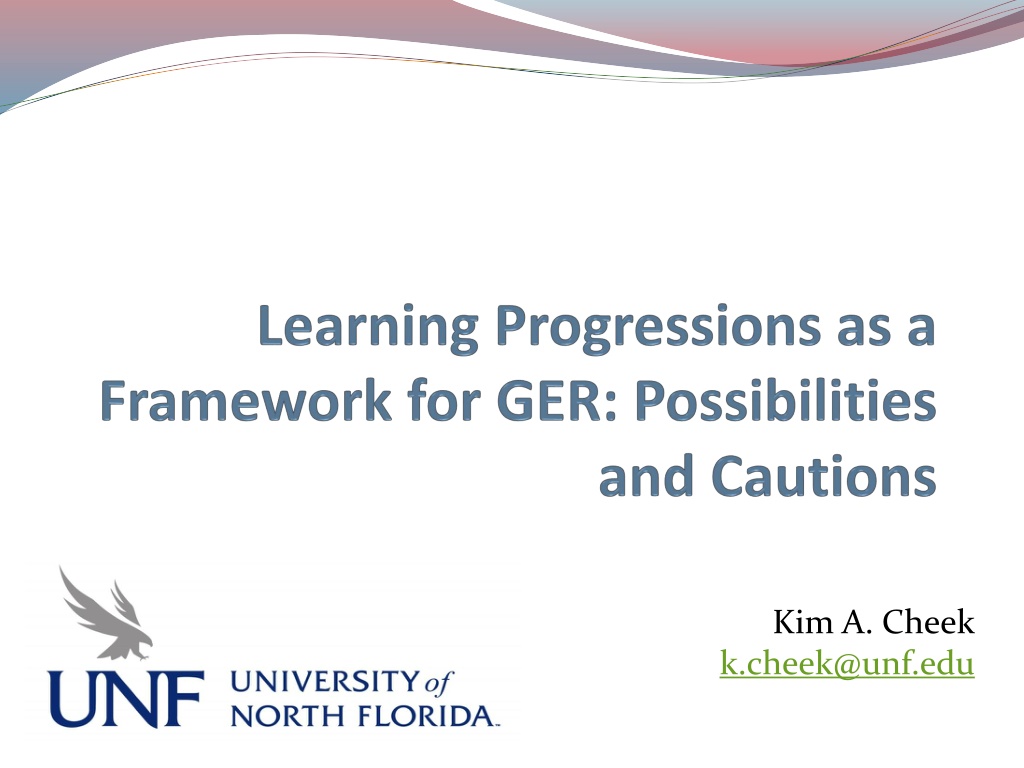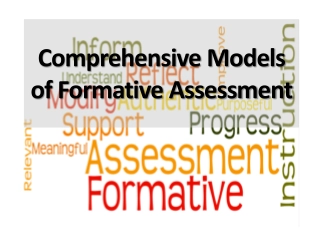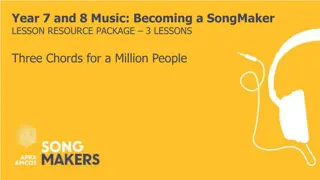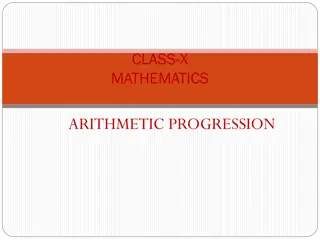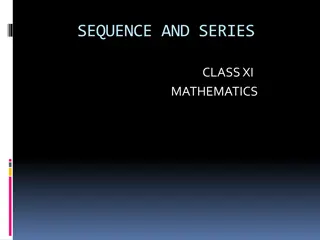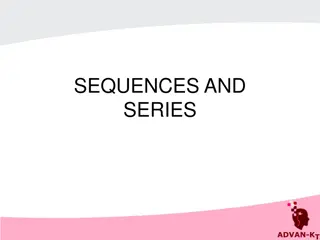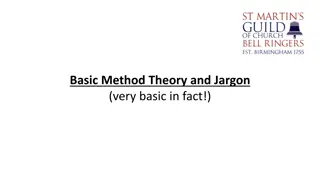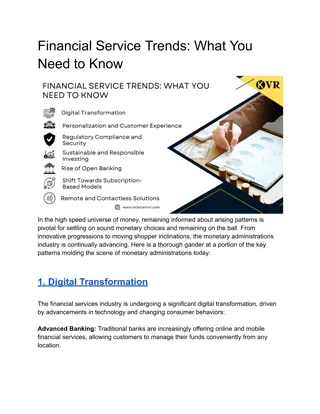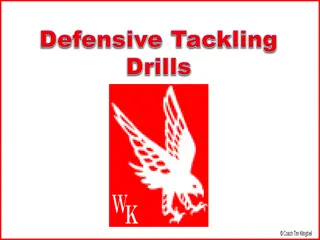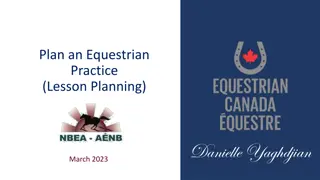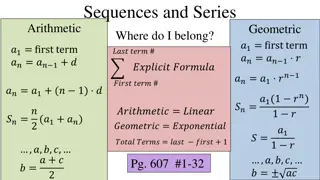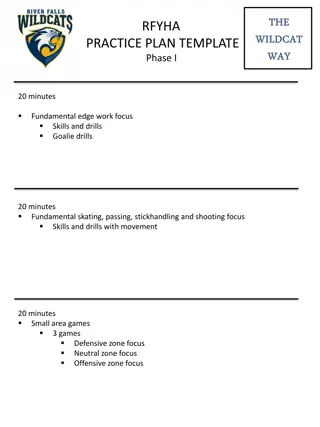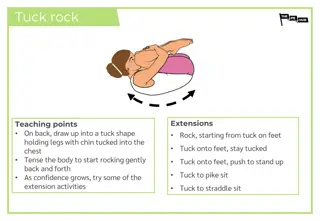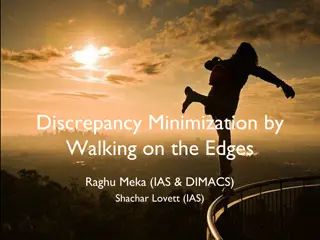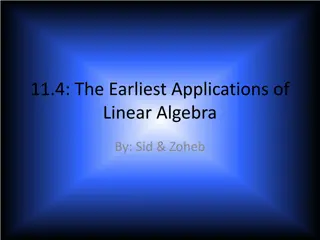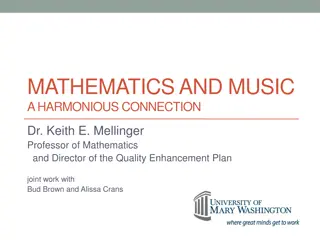Understanding Learning Progressions and Challenges in Education
Learning progressions in education refer to the progressively sophisticated ways of thinking about a topic as learners investigate it over time, while challenges include where to begin, required time commitment, human capital needs, research methodologies, and coherence versus fragmentation in instructional practices.
Download Presentation

Please find below an Image/Link to download the presentation.
The content on the website is provided AS IS for your information and personal use only. It may not be sold, licensed, or shared on other websites without obtaining consent from the author. Download presentation by click this link. If you encounter any issues during the download, it is possible that the publisher has removed the file from their server.
E N D
Presentation Transcript
Kim A. Cheek k.cheek@unf.edu
What are learning progressions? description of the successively more sophisticated ways of thinking about a topic that can follow one another as children [learners] investigate a topic over a broad span of time (e.g., 6 to 8 years). They are crucially dependent on instructional practices if they are to occur, (National Research Council, 2007, p. 219).
Generative Core Ideas Starting Points/ Assumptions Integrative Long View Some wrong ideas better than others
Celestial Motion: Reason for the Seasons Achievement Levels for Progress Variables 5. Scientific Explanation Upper Anchor 4: Incomplete Explanation 3: Both 2A and 2B but still no explanation 2A: Sun-Earth-Moon System Knowledge 2B: Observational Knowledge 1: Na ve Lower Anchor Plummer, J.D. & Maynard, L. (2014).
Topic What progresses? Selected paper Carbon cycling force-dynamic reasoning to systems thinking Mohan, Chen, & Anderson, 2009 Reason for seasons Earth-based vs. space-based perspective-taking Plummer & Maynard, 2014 Analogical reasoning about moon phases using physical models Recognition that elements in model & Earth system are similar to causal reasoning that connects model to Earth system Rivet & Kastens, 2012
Promises/Opportunities Standards/Curriculum Assessment Instruction At Scale
Challenges Where/how to begin Time commitment Human capital required Multiple research methodologies Grain size The messy middle coherence vs. fragmentation (Steedle & Shavelson, 2009)
